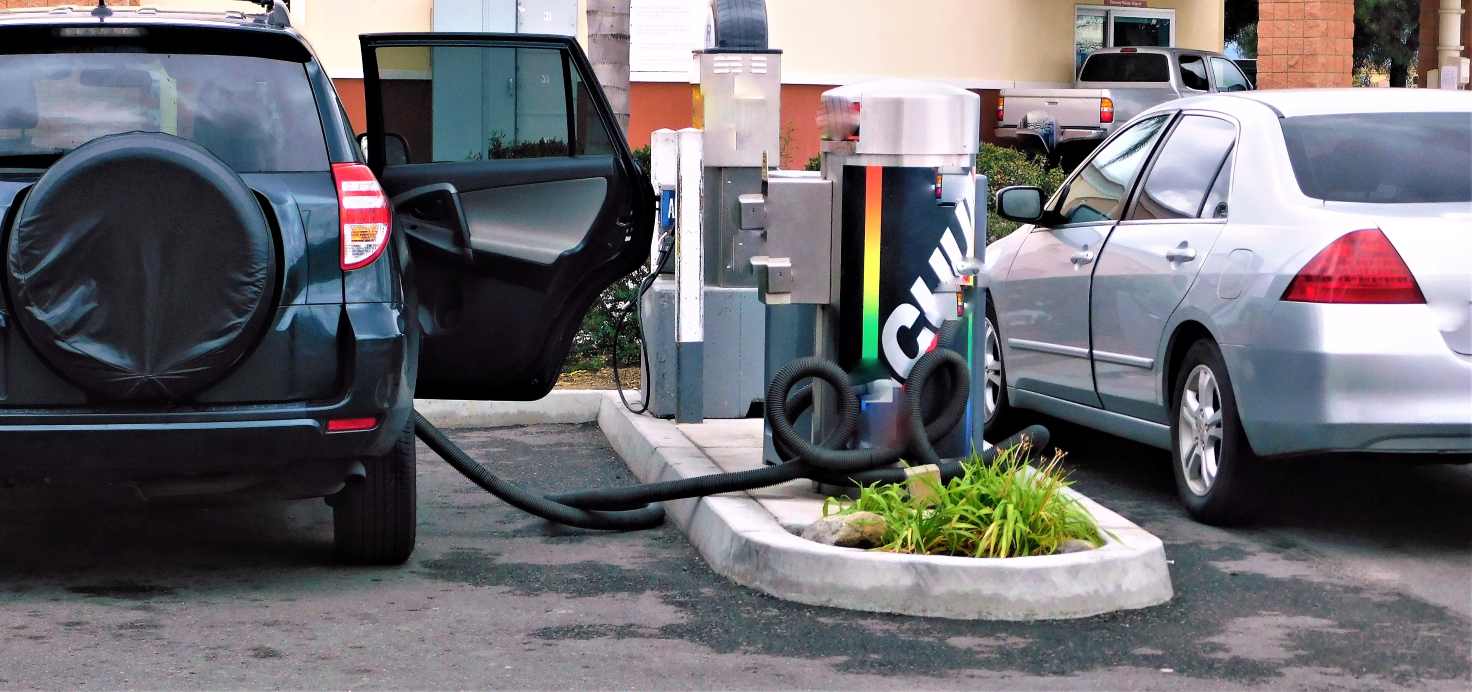9000+ Cashless Garages
96% Claims Settled (FY 24-25)

9000+ Cashless Garages
96% Claims Settled (FY 24-25)



Choosing between a CNG and a petrol car can be overwhelming. Both have advantages of their own, but what would suit you best? CNG cars are more environmentally friendly and economical. If fuel economy and environmental concerns matter, go for CNG.
On the contrary, petrol-powered cars can give you more power and convenience. Thus, they appeal to performance and long-distance driving people. Continue reading to gain insights on the significant differences that might help you choose a suitable car.


A petrol car runs on the widely available liquid fuel known as gasoline. These cars provide a smooth ride, fast acceleration, and full force. The common use of these cars extends from cities to highways because they are convenient. Petrol cars require less maintenance and provide constant power.
These cars can travel long distances and offer a good, comfortable ride. However, they have a hefty fuel cost and higher pollution rates. These cars have better boot space since they do not need spare fuel tanks. They refuel very fast, making them suitable for long road trips. However, running them might become expensive due to increasing petrol prices.
A CNG car runs on Compressed Natural Gas (CNG) instead of petrol or diesel. It is fuel-efficient and cost-effective, hence cheap to run. Most people use CNG cars for their daily trips to save money. CNG cars emit a few harmful gases. However, the huge CNG tank consumes a lot of space in the boot. This lack of boot space results in limited luggage capacity.
CNG cars require constant tuning and cylinder checks for safety. Finding refuelling stations for CNG cars is difficult, especially outside the major cities. However, these cars are popular because they are cost-effective.
The selection between CNG and petrol cars involves understanding their different characteristics. While both serve the same purpose, they differ in performance, cost, environmental impact, and maintenance. The table below outlines the key differences among the two:
In terms of performance, CNG and petrol cars have distinct experiences. The table below highlights these key differences:
Pricing is usually a key factor for choosing one type of vehicle over another. While CNG has a lower fuel cost, petrol cars may offer better mileage at a higher cost. The key differences based on cost are given below:
Environmental considerations impact the decision between CNG and petrol cars. The key differences based on environmental impact are as follows:
While petrol is better for on-road performance, CNG is cheaper and less polluting to the environment. Choosing one over the other is more in the hands of the individual users. The table below provides the pros of both to help you make a decision:
Despite the many benefits, both petrol-fuelled cars and CNG-powered cars have their downsides. Petrol cars are costly to operate and environmentally hostile, while CNG cars have fewer filling stations and lower boot space. The table below lays out the cons of each one:
A decision between a CNG and a petrol vehicle is based on preferences. CNG vehicles are cost-effective and environmentally friendly, while petrol vehicles offer more power and convenience.
CNG vehicles are ideal for individuals seeking fuel efficiency and reduced emissions. Here's why a CNG car is better:
Petrol vehicles are a preferable choice for individuals who require power and convenience. Here's why it is better than a CNG car:
Petrol car owners should consider CNG conversion because it lowers their expenses while decreasing environmental pollutants. The growing cost of petrol and governmental backing for environmentally friendly fuels have triggered a surge in CNG conversion popularity as an economically sustainable solution.
Below are several key pointers that will help you to understand how to convert a petrol car into a CNG car: